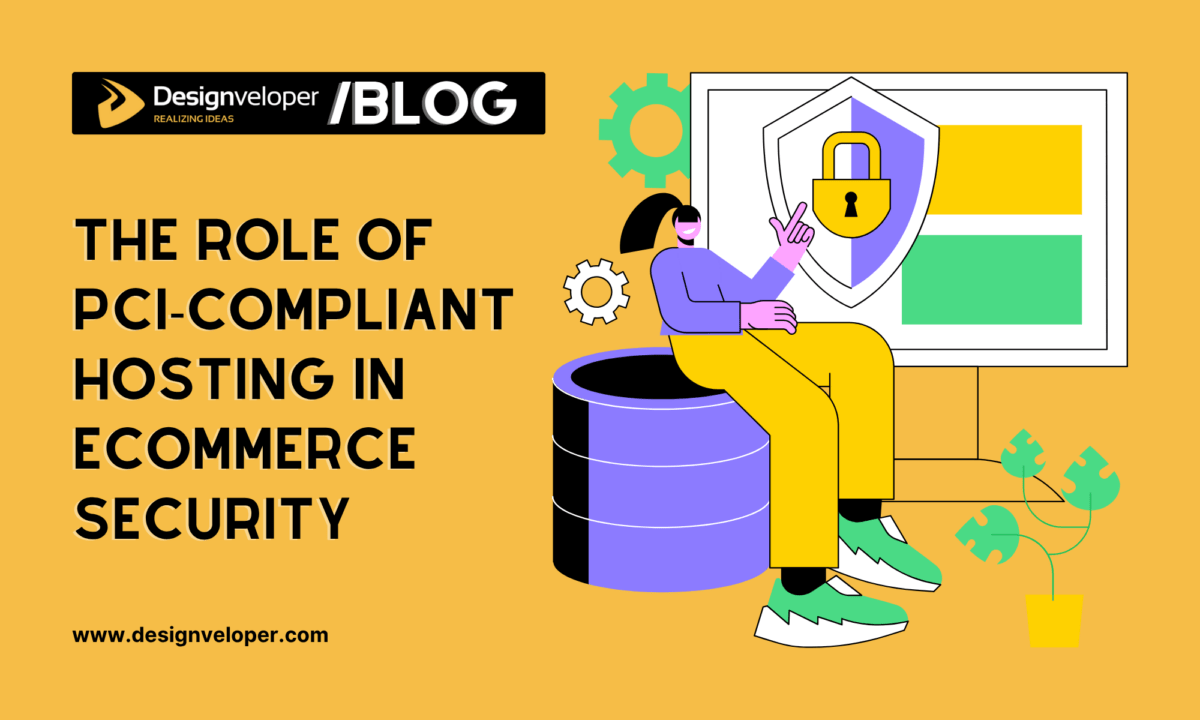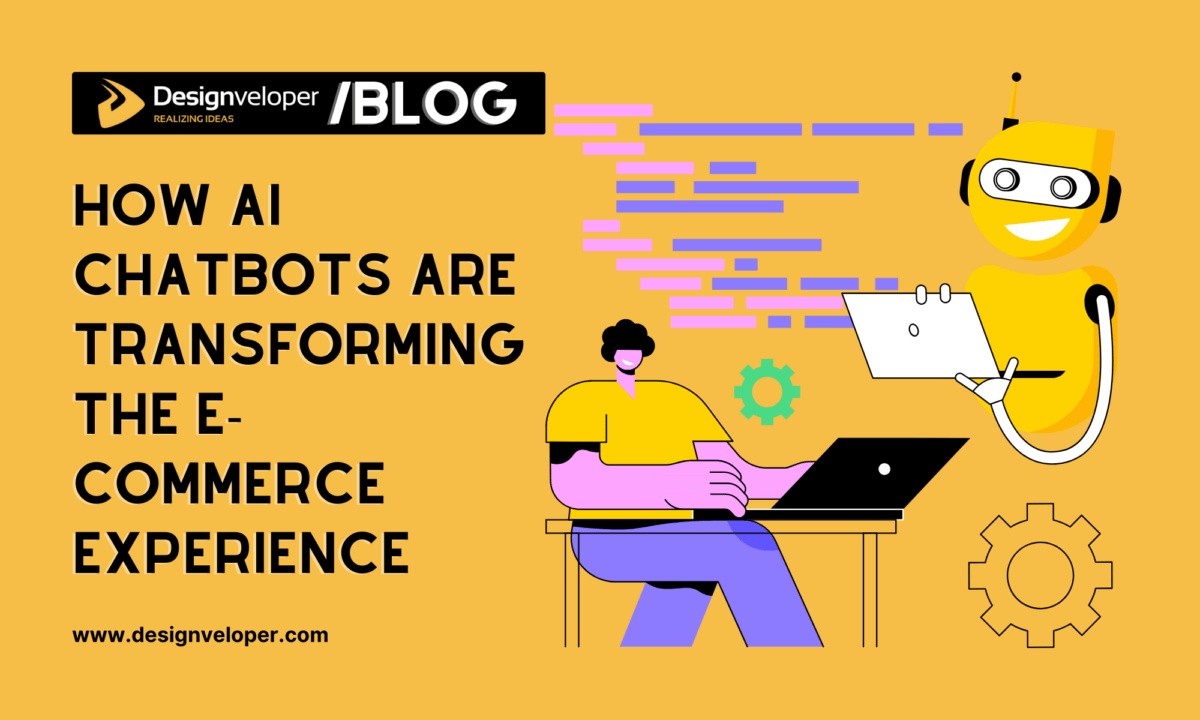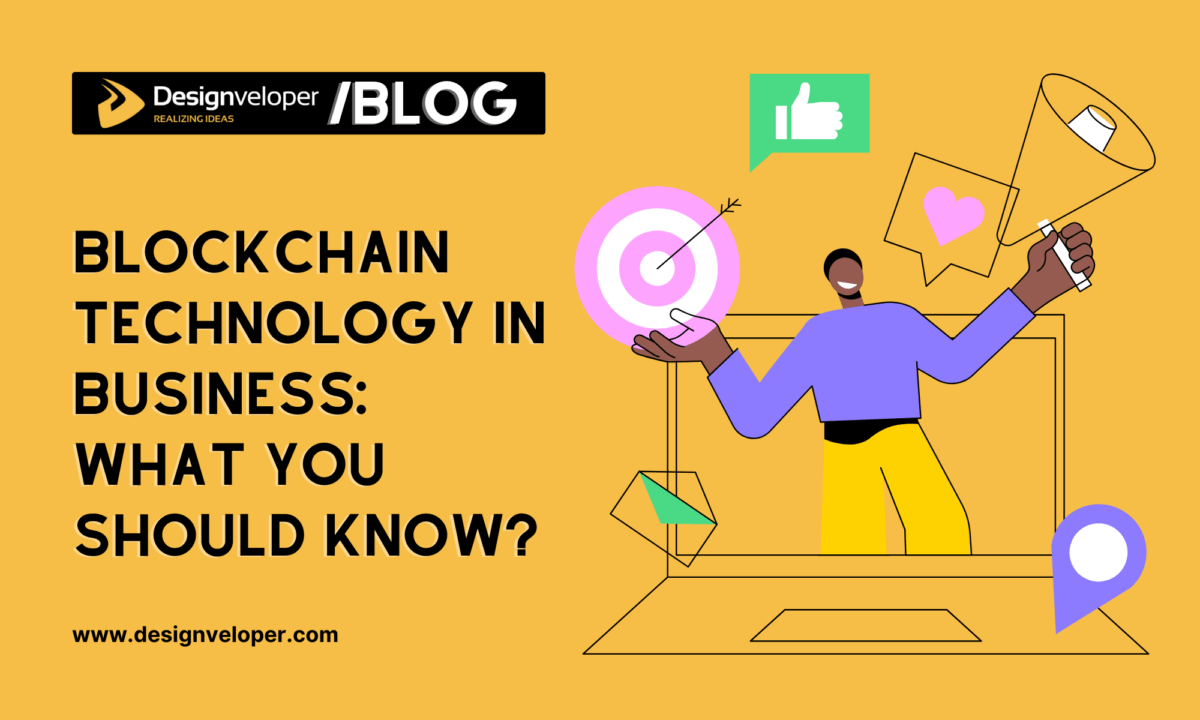Top Software Development Trends Shaping the Future of eCommerce
January 15, 2025
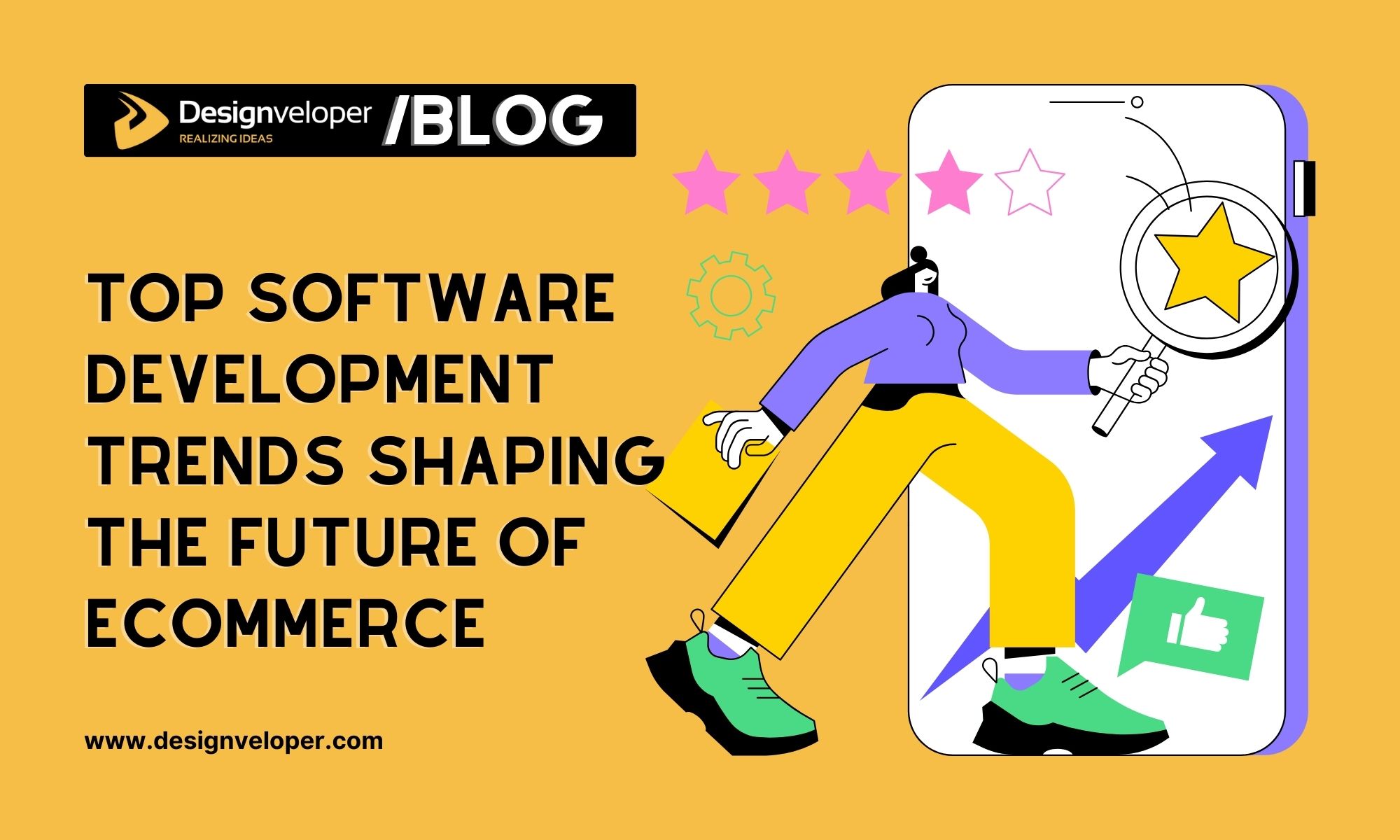

Ecommerce technology trends have been at the forefront of the explosive growth in the eCommerce industry, revolutionizing how businesses engage customers and operate. Constant advances in software development accelerate the evolution of eCommerce platforms more rapidly than ever before. From utilizing artificial intelligence to automating processes and adopting emerging technologies, innovations are transforming customer shopping experiences as well as backend operations for companies.
This article examines several prominent software developments shaping the future of eCommerce and making it simpler for businesses to outpace rivals. Regardless of whether you’re an entrepreneur or developer in the eCommerce sphere, understanding these trends can help inform prudent decisions and ensure your platform is primed for impending changes. To stay ahead of competition in this era where an online presence is paramount, optimizing a website for search engine optimization is crucial.
eCommerce SEO Checklist for 2025 Keep Ahead of the Trend
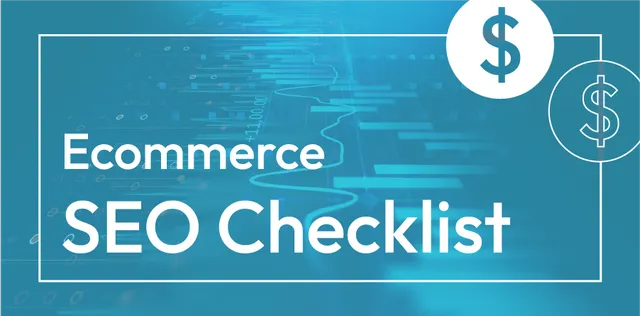
One of the most impactful ways to lead competitors is following an eCommerce SEO Checklist. Search engine optimization continues as one of the best methods to boost organic traffic and sales. Trends in software development for SEO evolve through machine learning, data-driven insights, and sophisticated algorithms.
1. Mobile Optimization
The prominence of mobile devices demands prioritizing mobile usability when crafting an ecommerce SEO strategy. As smartphones have become humankind’s apparatus of choice for shopping online, constructing a website tailored for mobile is now table stakes. It means building for swift loading across diverse form factors with responsive layouts and clean navigation. Search engines today emphasize mobile-friendliness heavily in their algorithms, so sites optimized beautifully on cell phones will see greater visibility in search engine results pages.
2. AI and Customization

AI has revolutionized SEO through facilitating customized experiences. Machine learning tools can now analyze individual shoppers’ habits to foresee preferred products and services. Suggestions are then fabricated contextually to engage customers on a deeper level and boost conversion rates, all of which underpins a powerful SEO approach. As AI parses more behavior, it will continue refining matches between merchants and interested buyers.
3. Voice Search Optimization
With the widespread availability of talk-capable smart devices, optimizing for voice queries will grow in strategic importance. Websites need to adapt content and keywords to the longer, conversational nature of voice requests. Businesses must understand how to craft pertinent, natural-sounding responses to spoken searches if hoping to rank for these intent-heavy queries. Attention to voice will impact both visibility and understanding.
4. Schema Markups

Implementing schema allows search engines to more precisely comprehend your pages. Proper schema markup illuminates context and nourishes rich snippets to enhance prominence in SERPs. Well-marked-up pages improve click-through chances as users can grasp the topic fast from preview excerpts. Schema thus strengthens positions through generating comprehension and interest quickly.
The Rise of Artificial Intelligence (AI) in eCommerce Technology Trends
AI isn’t a solitary innovation in programming engineering, it’s an empowering innovation. Automating uninteresting assignments while conveying an encounter individualized for clients, AI brings a wide range of uses to ecommerce.
1. Chatbots and virtual assistants
Chatbots and virtual assistants can react to inquiries consistently, helping with following requests while helping clients investigate sites. Intelligently outlined bots decidedly improve client administrations through fast, exact answers while lessening hands on mediation necessity. AI-empowered programming breaks down tremendous information volumes to anticipate shopper conduct. With prescient investigation, stages can customize proposals, valuing and advancements.

This upgrades the client experience and conversion rates. AI devices can likewise enhance inventory administration. Genuine time following and estimating help proprietors maintain a strategic distance from oversupply or deficiency, bringing down working costs. Blockchain advances security and straightforwardness in ecommerce through ensured, clear exchanges essential where security positions are most important.
2. Transparent Transaction Processing
The decentralization of blockchain ensures transactions are secured, reducing fraud risk. Furthermore, blockchain could simplify payments by eliminating intermediaries like banks, decreasing costs and speeding processing. Its transparency audits the entire transaction sequence.
3. Improved Supply Chain Visibility
Businesses can track goods’ origins with full transparency. This authenticates products’ sources beneficially, letting buyers confirm ethical procurement. It provides intricate supply chain insight.
4. Augmenting Experiences Virtually
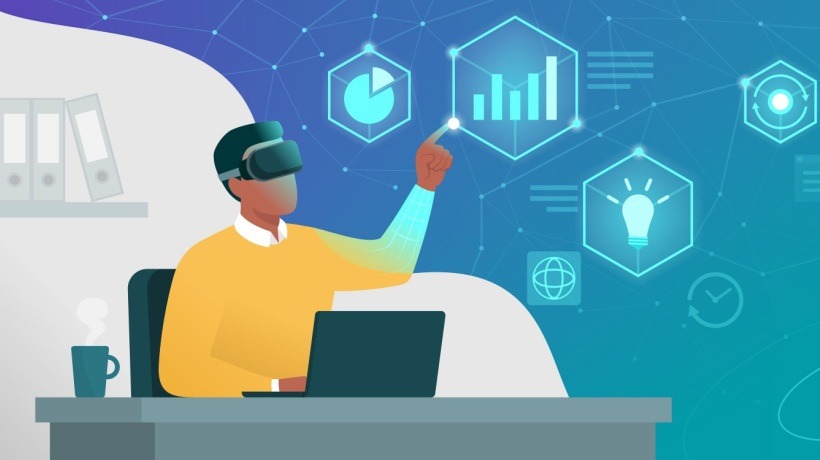
AR and VR immerse shoppers in experiential buying journeys. AR enables previewing items digitally, an interactive, enjoyable process improving decisions. Complex VR simulations model products realistically for evaluations prior to purchases.
5. Virtual Appearances Try-Ons
Makeup, apparel, furnishing virtual try-ons transform online shopping. AR inserts digital replicas, visualizing actual looks. Uncertainty vanishes; satisfaction grows as returns decrease. Complex renderings simulate tangible realities virtuously.
6. Digital Showrooms Virtually Browse
As VR develops, showcasing virtual 3D environments replicates physical shopping. Interactive simulations replace static photos in virtual stores. Immersive browsing replaces conventional online limitations with engaging experiences resembling in-person shopping.
Automation Alternatives Than Klaviyo For Marketing
While Klaviyo excels for email automation, specific needs drive investigating better than Klaviyo. Nothing replaces testing alternating tools adroitly against objectives. Complex demands necessitate carefully considering automation that outmatches Klaviyo potentially.
1. ActiveCampaign
ActiveCampaign provides advanced email marketing automation capabilities like Klaviyo however, it also offers integrated CRM features. It allows you to manage relationships with customers and run marketing campaigns within a single system, making it an excellent choice for those seeking a more comprehensive solution.
2. Omnisend
For eCommerce companies looking for robust automation, Omnisend may be a better option than Klaviyo. Omnisend offers sophisticated functions such as push notifications, SMS marketing, and email marketing on one platform. What’s more, it seamlessly integrates with top eCommerce platforms including Shopify, WooCommerce, and BigCommerce.
3. HubSpot
HubSpot’s marketing automation platform provides everything needed to operate a business’s marketing activities. It combines lead generation, customer relationship management, and email marketing into a single robust platform. This software is perfect for companies wanting tools that extend beyond just email marketing, assisting with automating various aspects of sales.
Technology Trends eCommerce: Low-Code and No-Code Development
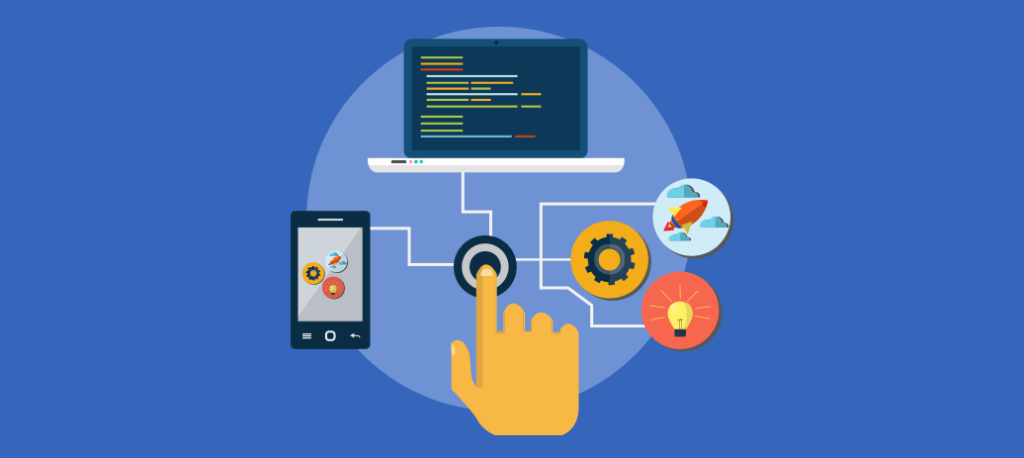
The most exciting innovations in technology development, driven by ecommerce technology trends, have been the rising popularity of platforms that are low-code or no-code. These platforms allow eCommerce businesses to create customized websites and applications without requiring advanced coding expertise.
1. Speed and Efficiency
Platforms that are low-code like Shopify’s Liquid or WordPress with Elementor let developers and business owners swiftly introduce new features without needing to write complex programming. This is especially beneficial for smaller to mid-sized eCommerce companies which need to quickly adapt to changing marketplace needs.
2. Cost-Effectiveness
Businesses can significantly decrease development expenses by leveraging low-code or no-code platforms, which furnish preconstructed templates and drag-and-drop functionality accelerating creation. This allows companies to focus on their core operations rather than programming.
Cloud Computing: Scalable and Flexible Solutions
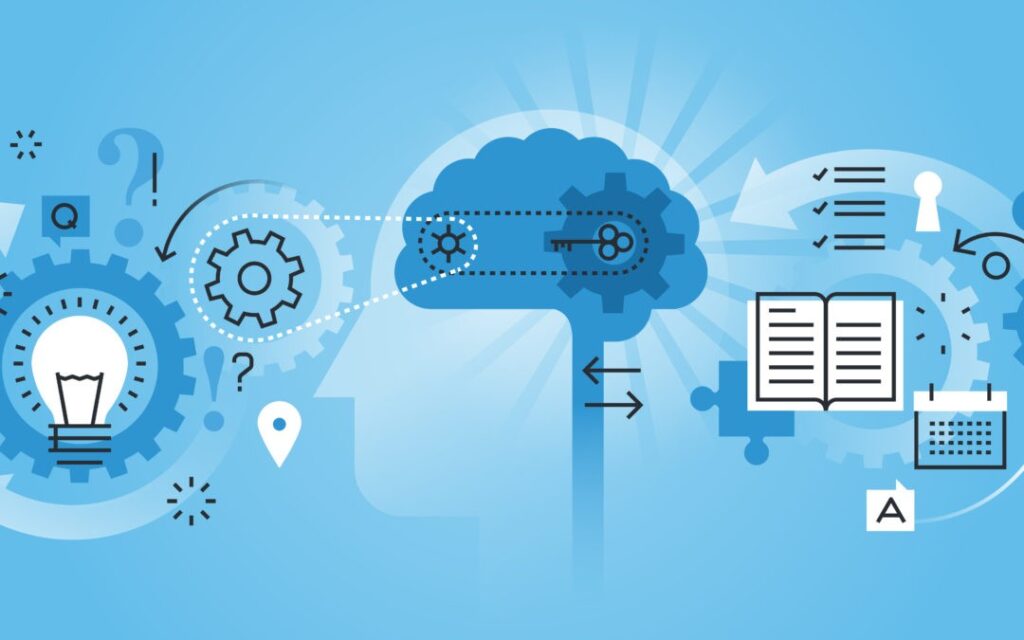
The cloud is now integral to eCommerce infrastructure, giving firms scalability and flexibility through remote access and management of data.
1. Scaling During Peak Periods
A prime benefit of the cloud for eCommerce is scalability, ensuring sites perform optimally regardless of Black Friday sales or holiday shopping traffic surges. Scalability is critical for businesses with fluctuating traffic patterns.
2. Collaboration and Integration
The cloud also facilitates seamless team collaboration through live updates, file sharing between dispersed workers, and integration with various tools, simplifying information exchange and joint work.
3. The Role of API Integration in eCommerce
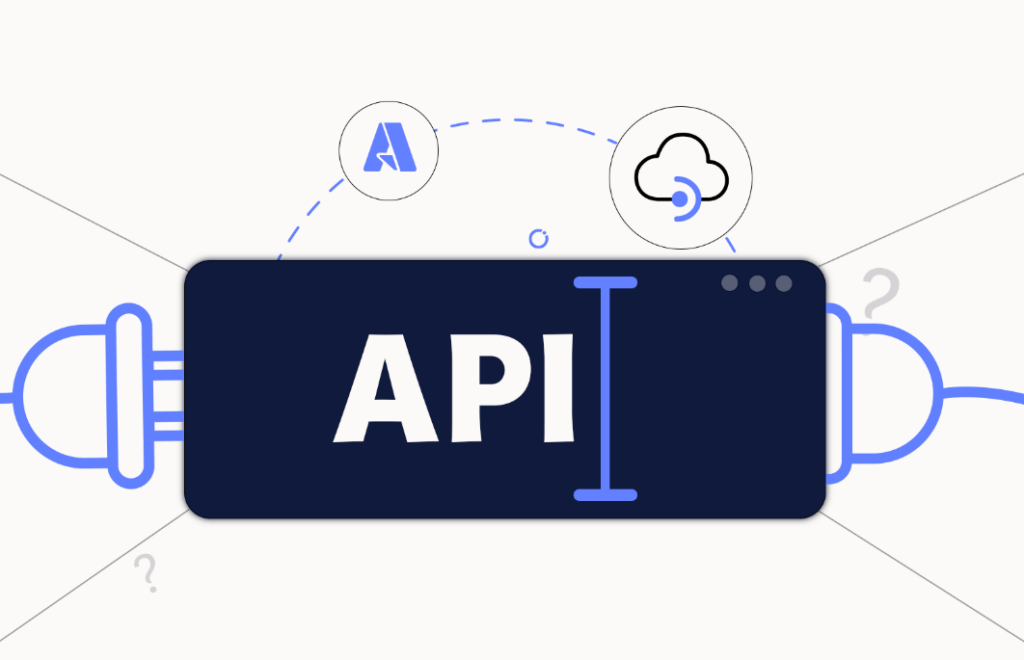
API integration, enabling discrete systems to interact fluidly, is redefining software development and the future of eCommerce.
4. Streamlined Operations
By adopting APIs, enterprises can take eCommerce efficiency to a whole new level. Integration: APIs make it easy to integrate with third-party services like payment processes, stock management systems, and marketing automation tools, allowing for seamless data exchange and synchronization between platforms. This not only decreases the demand for manual data entry but also reduces the risk of human mistakes, leading to more precise transaction processing and inventory tracking.
Automated workflows streamline order fulfillment, inventory updates, and customer communications, resulting in quicker operations and enhanced customer satisfaction. In the end, API-driven connectivity allows businesses to scale up their resources as needed, and to stay ahead of the curve within the fast-moving eCommerce activity.
5. Customer Experience
APIs play an important role in enhancing customer experience. Through integrating tools that provide hyper-personalized product recommendations and updates delivered in real-time on shipping status and live chat assistance, organizations are empowered to provide a frictionless browsing journey for customers.
Conclusion
Looking ahead, the software development tendencies examined above are poised to fundamentally reshape the landscape of e-commerce in significant ways. With AI-powered solutions crafting individually tailored shopping experiences and cloud computing services offering scalability on demand, companies must stay one step ahead of competitors.
At Designveloper, we believe that staying ahead of ecommerce technology trends is essential for businesses aiming to thrive in an increasingly digital world. As software development continues to evolve, embracing cutting-edge innovations—from AI and automation to blockchain and AR—will not only enhance customer experiences but also streamline backend operations.
The future of ecommerce is driven by technology, and companies that adapt to these changes will be better positioned to stay competitive and meet the growing demands of today’s consumers. By keeping a close eye on emerging trends and leveraging the right tools, businesses can build smarter, more efficient ecommerce platforms that stand the test of time. At Designveloper, we’re committed to helping our clients navigate this ever-changing landscape and shape the future of ecommerce technology.






Read more topics















































